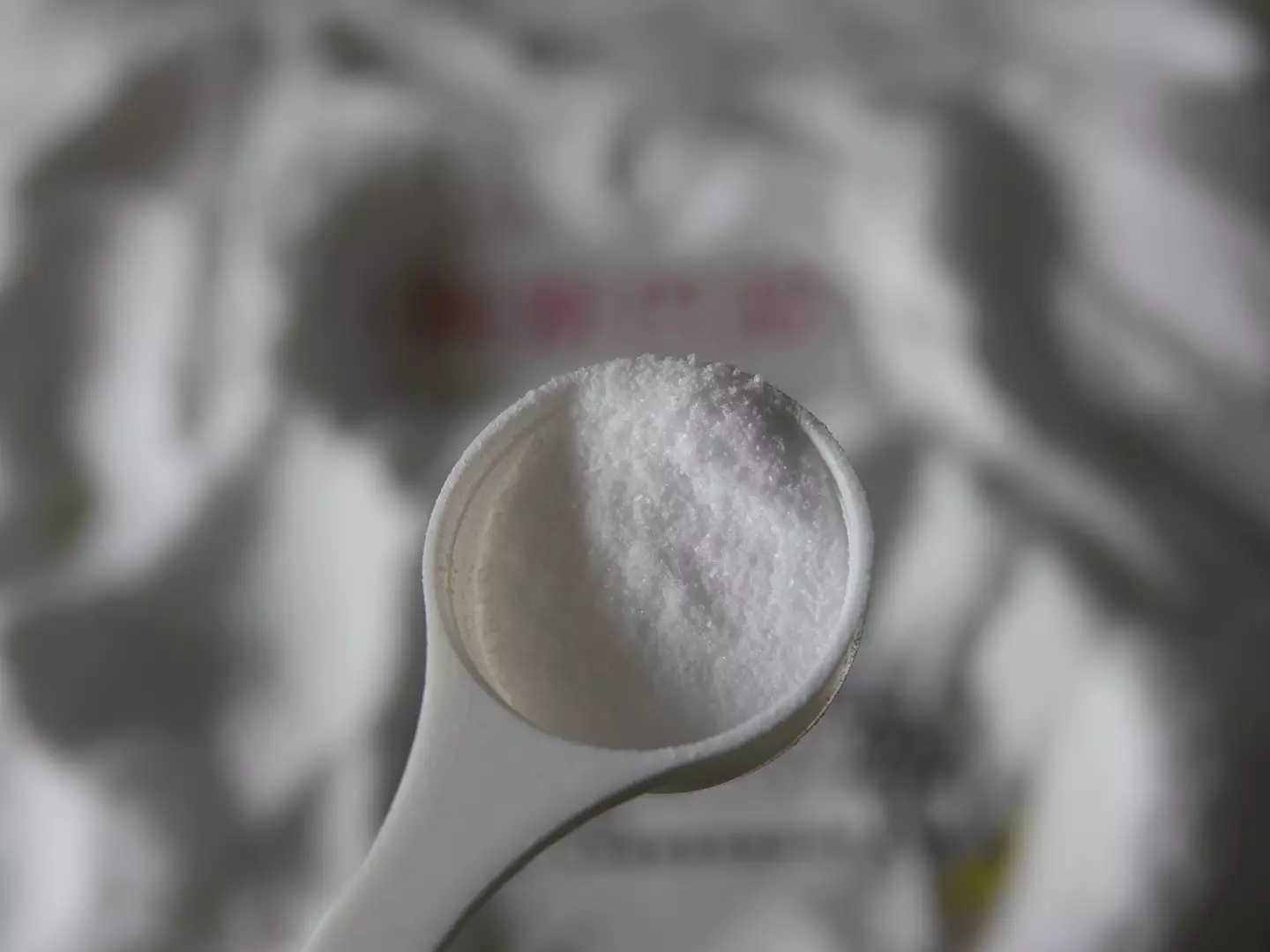
Ultra-processed foods are regularly in the headlines for all their potential ill effects on our health, and there’s particular concern around what additives, sweeteners, and preservatives might be doing to kids minds and bodies as they develop.
It’s a major point of order in the Make America Healthy Again campaign headed by Robert F Kennedy Jr, with concerns around children’s health being front and centre in plans to curb UPFs’ prominence.

There may well be good cause for that concern, with a recent study finding that sweeteners commonly used in UPFs and drinks may increase the risk of children entering early puberty.
Advert
The findings were made during a study presented at ENDO 2025, which is the Endocrine Society’s annual event.
It involved researchers assessing data taken from 1,400 teenagers, with the data indicating a strong link between sweetener consumption and a condition called ‘central precocious puberty’. This condition sees puberty begin in boys before age nine, and girls before age eight.
The kids really are growing up too fast, with central precocious puberty becoming more common around the world. Consequences can include emotional and mental wellbeing issues, shorter potential adult height, and heightened risks of reproductive and metabolic issues in adulthood.
Along with these findings, the study determined that teenagers carrying certain genetic markers linked with early-onset puberty are particularly at risk.
"This study is one of the first to connect modern dietary habits-specifically sweetener intake-with both genetic factors and early puberty development in a large, real-world cohort," said Dr Yang-Ching Chen from Taipei Municipal Wan Fang Hospital and Taipei Medical University in Taipei, Taiwan.
The study forms part of the Taiwan Pubertal Longitudinal Study (TPLS) which began in 2018, with data from 1,407 adolescents being reviewed. Of those, 481 were diagnosed with central precocious puberty.
Aspartame, sucralose, glycyrrhizin and added sugars were included under the bracket of ‘sweeteners’, and some had gender-specific tendencies.
Glycyrrhizin, which is common to liquorice, was linked with increasing the rate of early-onset puberty in girls. For boys, sucralose showed the greatest link.
The study also found, as you might expect, that the risk increased along with dosages.

"This suggests that what children eat and drink, especially products with sweeteners, may have a surprising and powerful impact on their development," said said.
"These results are directly relevant to families, paediatricians, and public health authorities. They suggest that screening for genetic risk and moderating sweetener intake could help prevent early puberty and its long-term health consequences."
